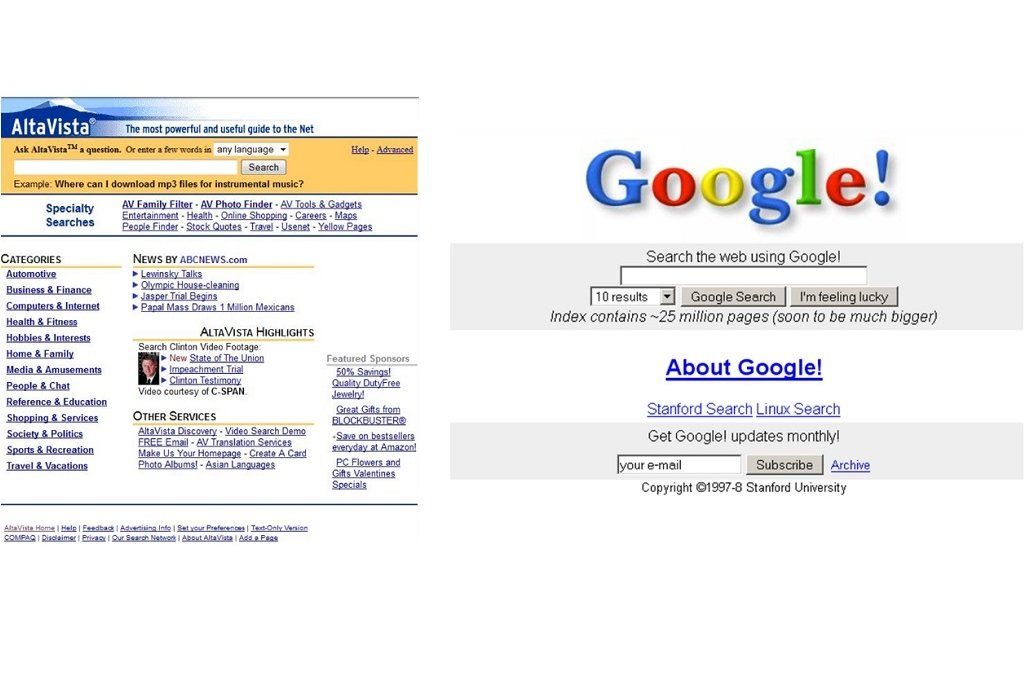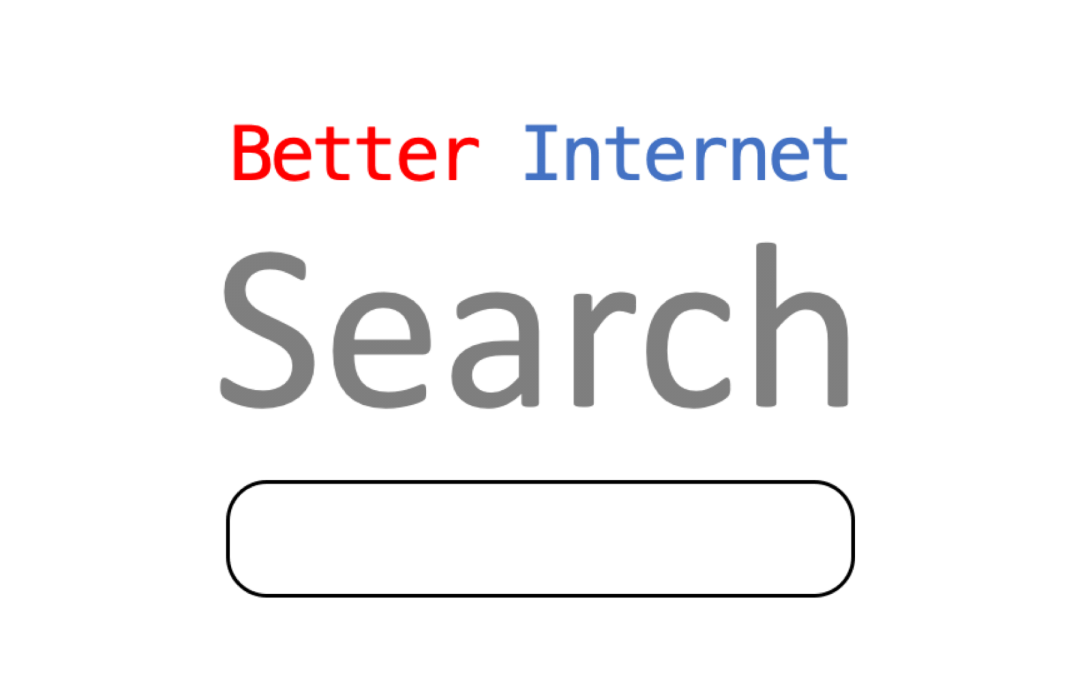It’s not about the data!
In my previous post I wrote about the new data economy and the citizen’s rights regulations that are shaping this new economy. I also mentioned the ‘data is the new oil’ analogies being made which suggests that data is a valued commodity like oil.
I think that the oil-data analogy as a commodity is not a perfect one, since data is becoming more abundant and oil is becoming scarce. Data is neither finite or scarce, but there definitely is a growing economy based on data – think about all the talk of big data, internet of things (IoT), machine learning & artificial intelligence (AI), and virtual reality (VR). All of these are based on data that, in its raw state, tends not to be particularly useful in itself, but you can process it to make it useful and so extract value from it. So, the data can have intrinsic value (just like crude oil) but only because you can turn it into something useful with utility value (like refining crude oil into petrol). So, it’s not really about the data, it’s about the right data and how it can be processed.
As evidence of this note that venture capital is not going to companies with lots of data, it is going to the machine learning, edge computing and data analytics companies that can work their magic on the data. We have not moved from the Information Age which was all about computing and data processing to a Data Age, that would be a step backwards. What I have realised is that when we speak of data today we mean different things since ‘stuff’ stored digitally we consider to be data no matter what it is or how much it has been processed. So, I thought it useful to go back to the classical DIKW diagram (data, information, knowledge, wisdom) which I have updated slightly and used the term ‘raw data’ in place of data for clarity. I added ‘signals’ at the bottom end because advanced sensors and IoT are a part of today’s data economy feeding us with raw data streams, and I also added ‘action’ since AI systems can now make actionable mission critical decisions based on processing data intelligently (so, SDIKWA?).
The diagram may not match entirely with human intelligence but it does match with artificial intelligence. Consider a self-driving car; it has many sensors supplying signals and these signals are organised into data buffers with raw data from the lidar, radar, cameras, wheel rotation sensors, etc. This raw data is processed into information with some meaning (how far away are objects and in what direction, how fast is each wheel rotating, etc). This can then be processed contextually to gain knowledge (we are travelling in a straight line 317° @ 30mph, there is a solid stationary object in the trajectory 320m ahead). The processing for understanding would determine that there is a potential collision risk and know the time and deceleration required if the object remains there and is to be avoided. With this wisdom a decision could be made on whether to brake and if so with what braking force.
So, it’s not about the data – it is about the signals, the raw data, the information, the knowledge, the wisdom and the actions. Or rather, it’s not about the data – it’s about the value created by intelligently processing it.
The post It’s not about the data! appeared first on Trisent.











